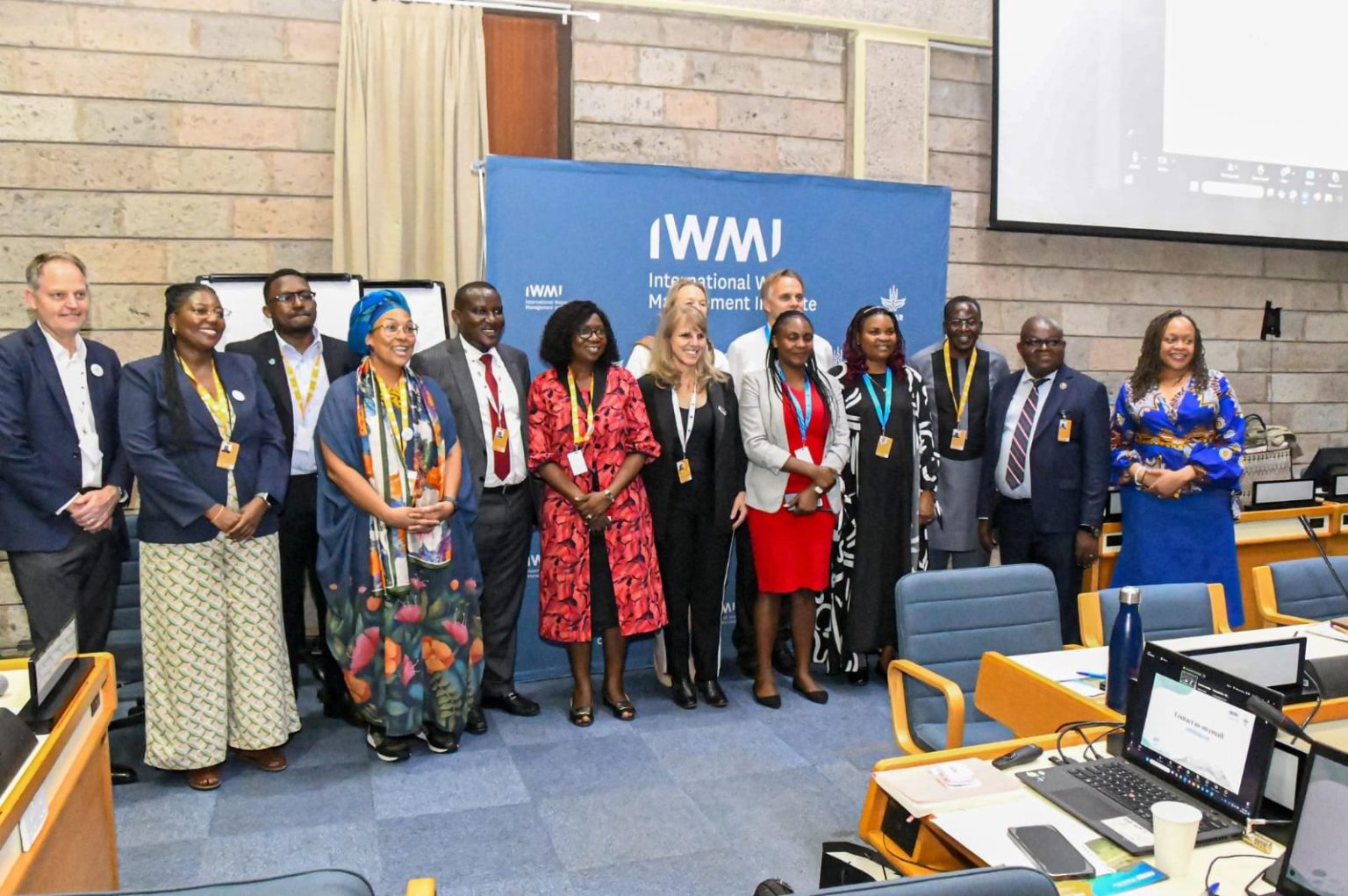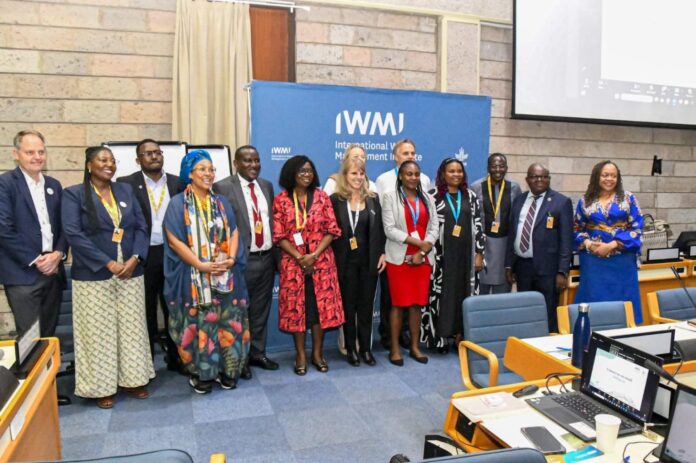|
Getting your Trinity Audio player ready...
|
By Jackson Okata
Nairobi, Kenya: Scientists and water sector policymakers are pushing for science-backed solutions to address the threatening water insecurity situation in East African countries.
Global leaders, scientists, policymakers, and development partners meeting in Nairobi for the inaugural CGIAR Science Week argue that science is key to unlocking East Africa’s water security and productivity amid rising impacts of climate change such as droughts and floods. The stakeholders say scientific innovations are crucial in the use, conservation, and management of water a key resource for sustainable development.
They spoke during the launch of the International Water Management Institute (IWMI),2024-2030 Strategy for East Africa. The new strategy is titled “Research and Innovation for Water Security”.

Mark Smith, Director General of IWMI said East Africa’s water security is not limited to quality sufficient water but also the ability to manage associated risks such as drought, floods, and extreme events in ways that livelihoods and lives, the economy, and ecosystems can all thrive together.
According to Smith, IWMI’s new strategy is key to harnessing scientific research in enhancing water security, supporting climate adaptation, and driving sustainable agriculture across East Africa.
“If you can get water security right, then you can trigger transformation across those systems as you open access to water and enable more sustainable sharing of water across different uses.”
Smith observed that water is central to climate resilience, food security and economic development for the region.
Yelvin Denje, a research fellow with the African Group of Negotiators Experts Support (AGNES) noted that the interface between science and policy has led to improvements in equitable access and unlocked the potential for water and development on the continent.
Kenya’s Principal Secretary State Department for Irrigation Ephanthus Kimotho, said IWMI’s strategy aligned with the country’s vision 2030 agenda.
“IWMI’s Strategy 2024–2030 represents a strong commitment to science-based solutions, inclusive development, and regional collaboration values that resonate deeply with the goals of Kenya Vision 2030,” he said. IWMI’s new strategy focuses on harnessing the power of water to support climate-smart agriculture, equitable water governance, and sustainable ecosystems across the East African region.
Abdulkarim H. Seid, IWMI’s Regional Representative for East Africa said the strategy will guide the institute’s work in the region, ensuring that we co-design and co-develop solutions with local communities, governments, academia, the private sector, and other key partners to build resilient and innovative water systems for a sustainable future.
“Our strategy ensures that collectively can co-design resilient and innovative water systems that meet both current and future needs.”














